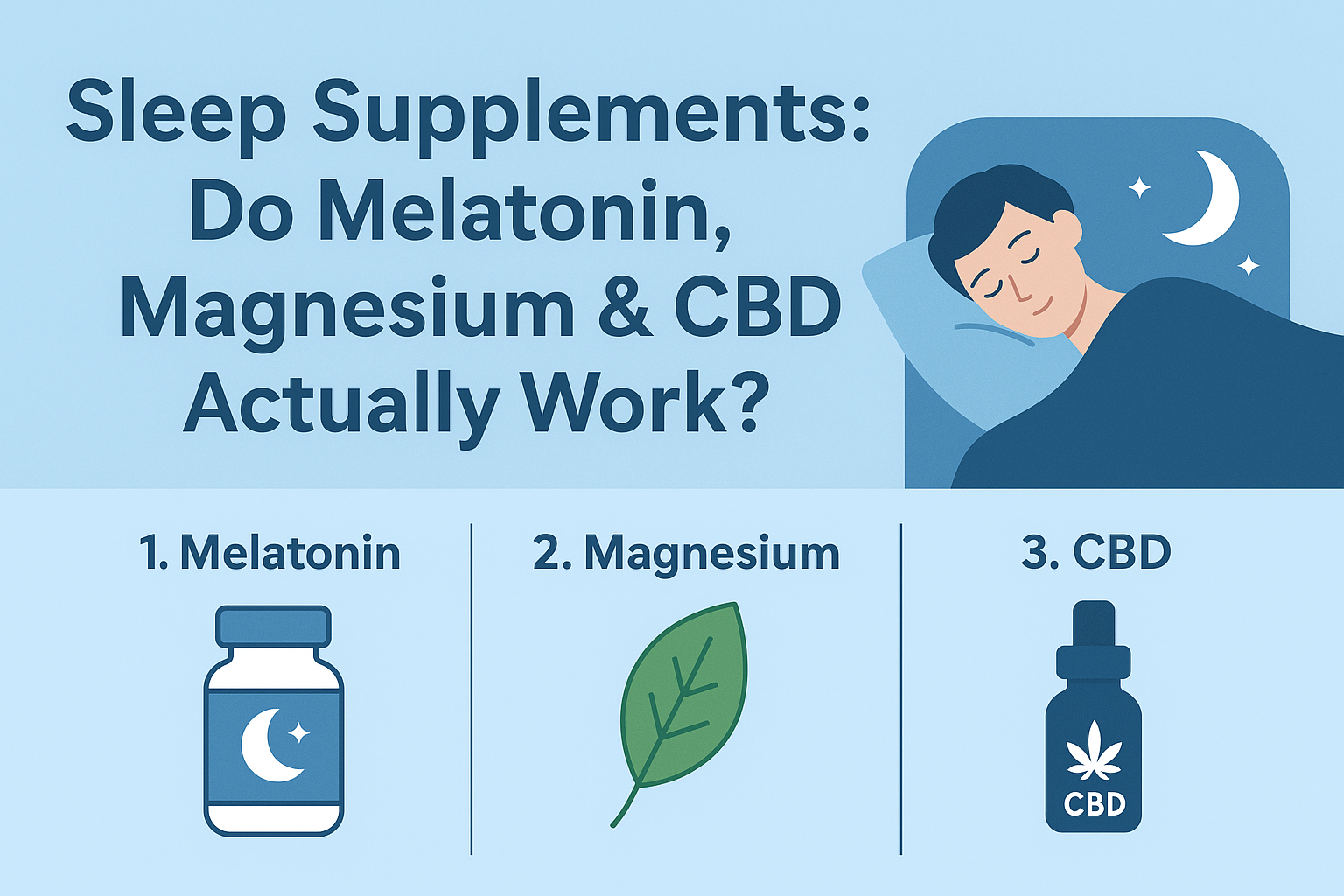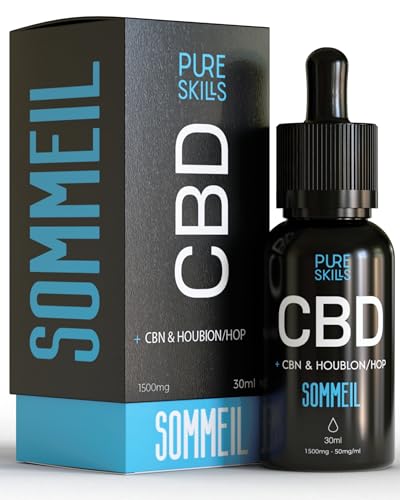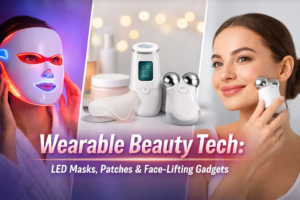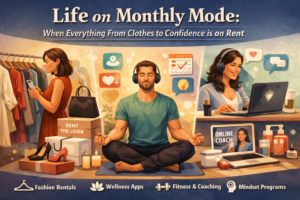Sleep Supplements: Do Melatonin, Magnesium & CBD Really Work?

Can’t sleep at night? You’re not the only one. Many people try natural sleep supplements like melatonin, magnesium, and CBD instead of heavy sleeping pills. But do they actually help? Let’s keep it simple.
Why People Try Sleep Supplements
Stress, late-night screen time, busy schedules, or even food habits can mess up your sleep. That’s why people turn to natural aids to fall asleep faster and wake up fresh. But each supplement works in a different way.

- Melatonin: The Body’s Sleep Hormone
What it is: A hormone your body makes when it gets dark, telling you it’s bedtime.
How it helps: Taking melatonin can reset your body clock, useful for jet lag or night-shift workers.
Does it work? Yes, it can help you fall asleep quicker, but it doesn’t always improve how deep or long you sleep.
Best for: Short-term use when your sleep schedule is off.

- Magnesium: The Relaxing Mineral
What it is: An important mineral that helps muscles relax and keeps stress in check.
How it helps: It supports calming brain chemicals, making it easier to relax before bed.
Does it work? If your magnesium levels are low, it can really help improve sleep and reduce restlessness.
Best for: People who feel stressed, tense, or have poor sleep due to deficiency.

- CBD: Stress & Anxiety Relief
What it is: A natural compound from hemp and cannabis (without the high).
How it helps: CBD can calm the mind, reduce anxiety, and ease pain—things that often stop people from sleeping.
Does it work? Many people say yes, but research is still ongoing.
Best for: Sleep problems caused by stress, worry, or chronic pain.
Important Things to Know
- Not every supplement works the same for everyone.
- When you take it matters (e.g., melatonin works best 30–60 minutes before bed).
- Always buy from trusted brands to avoid fake or weak products.
- If you take medicines or are pregnant, check with your doctor first.
Melatonin, magnesium, and CBD can help with sleep, but they’re not magic pills. Think of them as support tools. Good sleep still depends on habits like going to bed at the same time, avoiding screens before bed, and managing stress.
Supplements can give you a push, but your lifestyle makes the real difference.








